Should we fear the sun? YES. The sun is our worst enemy. No matter where you go this Spring Break, whether it’s a warm beach in Florida or a ski resort in Colorado, you’ll want to wear sunscreen and take care of your skin.
Skin cancer is getting more common and more dangerous by the day. The perfect complement to sunscreen, however, is in your diet. Eat your sunscreen – unless, of course, you plan to stay inside watching Netflix for a week (no judgment).
1. Fish
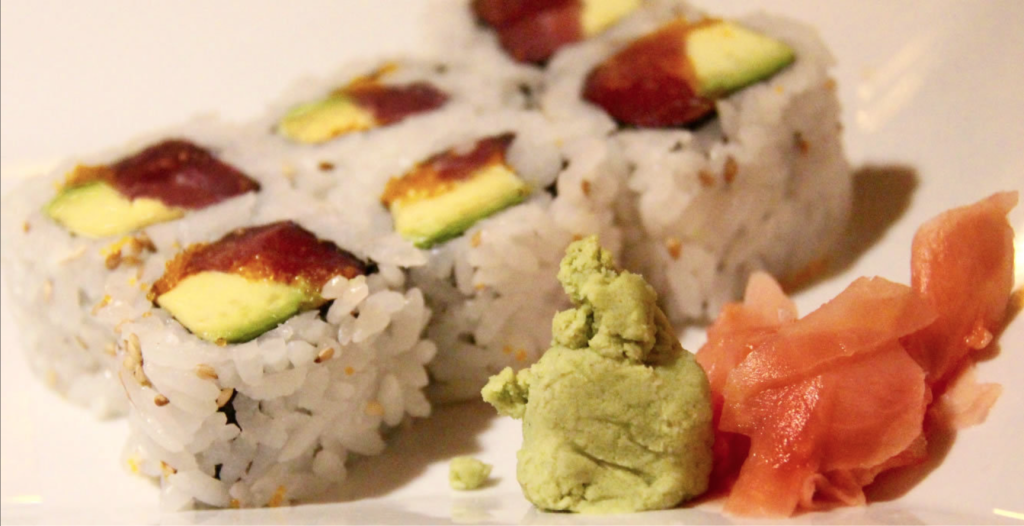
Photo by Anna Arteaga
Full of Omega 3s and healthy fat, if you try having it once a week, fish will help protect your skin from the aftereffects of prolonged sun exposure. (Yes, sushi counts.) Find out how to make your sushi healthy so you’re not packing in the excess calories.
2. Carrots
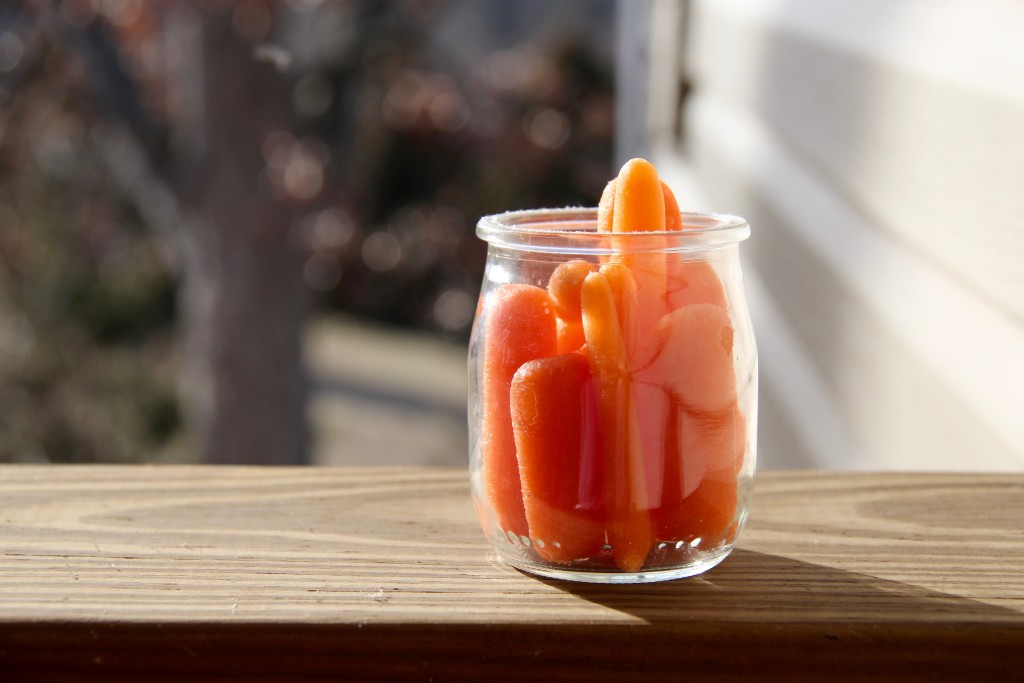
Photo by Anna Arteaga
Rich in beta carotene, carrots help protect the skin against the harmful UV rays of the sun. And while beta-carotene may not improve your eyesight, it will keep your eyesight healthy. Explore these delicious carrot options the next time you feel like having something other than ready-to-eat baby carrots.
3. Avocados
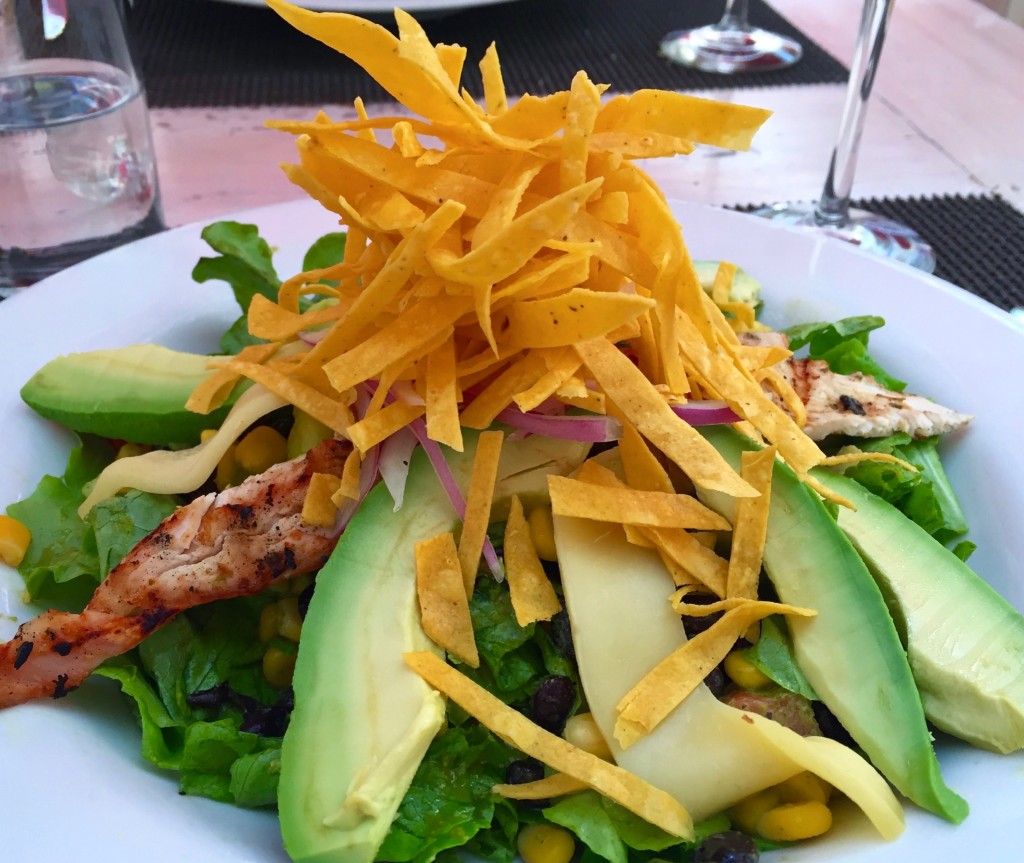
Photo by Anna Arteaga
Full of nutrients that protect your skin, they also have vitamin C in them that will keep your skin wrinkle-free. Turn it up and make these amazing dark chocolate avocado truffles, or guacamole that doubles as a face mask for beautiful skin.
4. Mushrooms
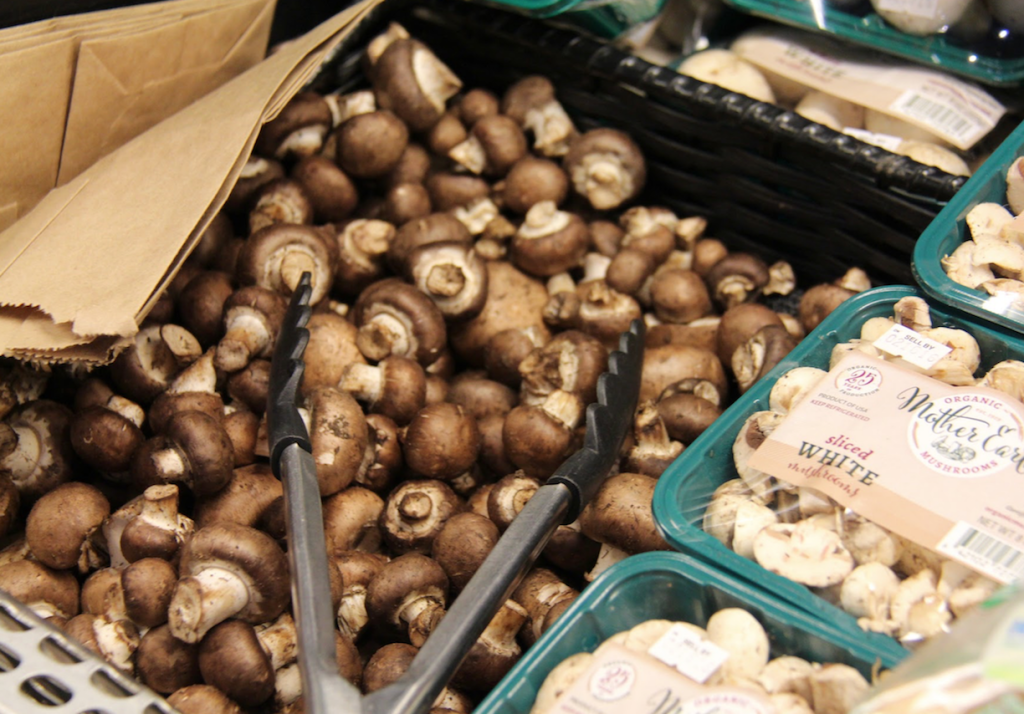
Photo by Anna Arteaga
Mushrooms contain beta-glucans, which some studies suggest could help fight cancer. They also have selenium, an anti-cancer mineral in them and have long been used by the Chinese for other medicinal purposes. Feeling a bit fancy? Try this mushroom pasta sauce.
5. Raspberries
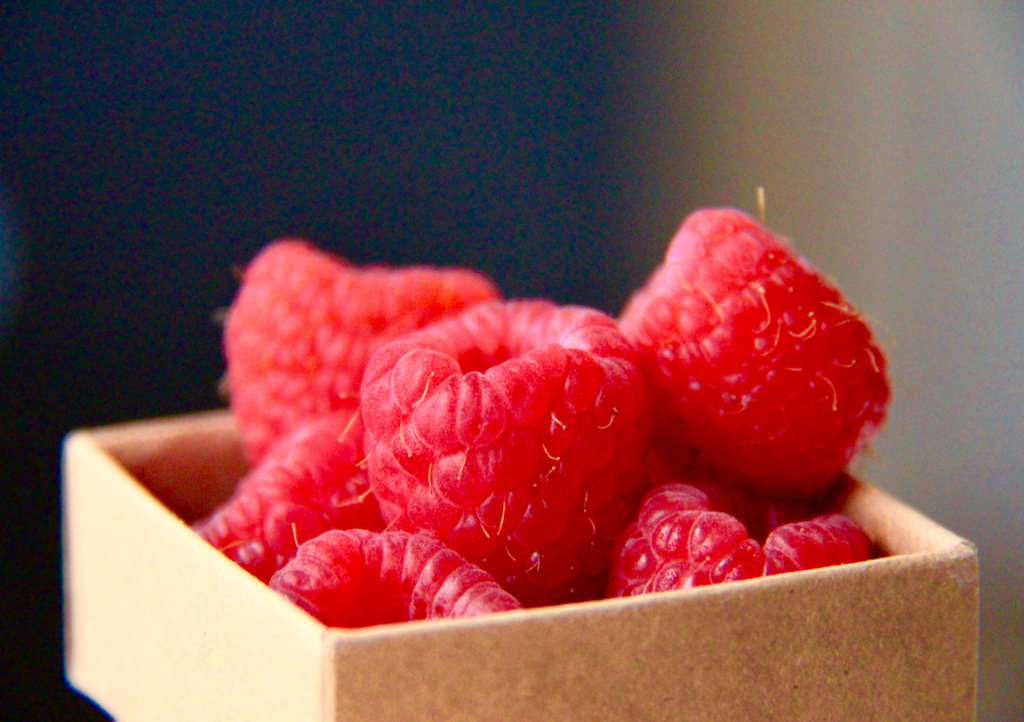
Photo by Anna Arteaga
Full of refreshing taste, raspberries have ellagic acid in them, a potential anti-carcinogen that scientists believe may attack cancer cells. The cool thing about ellagic acid is that it remains active even if you freeze the raspberries. Try these hot weather frozen fruit hacks in your sunny spring break locale.


